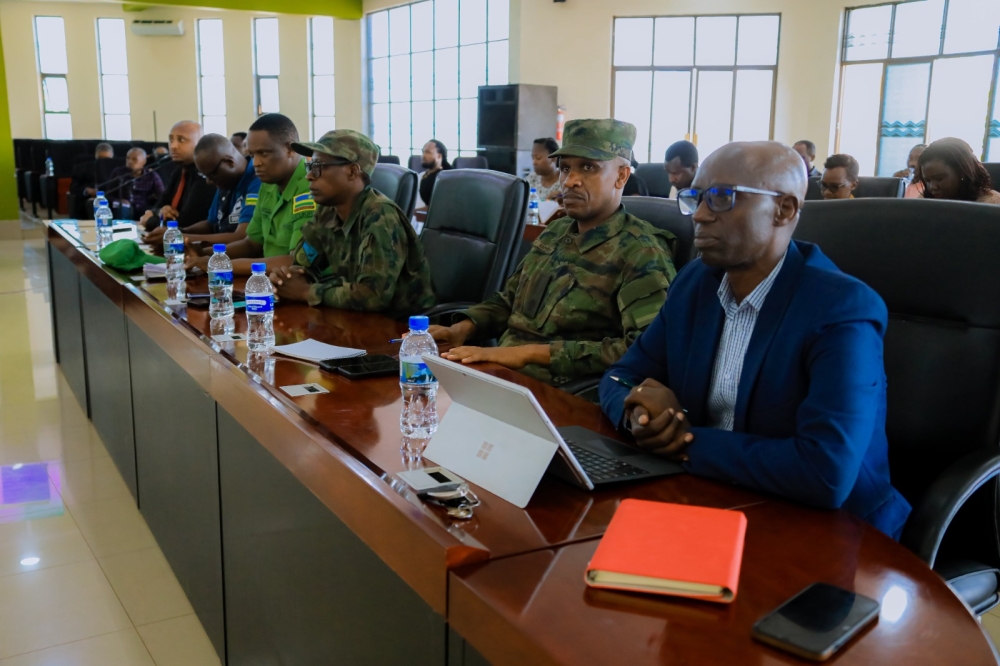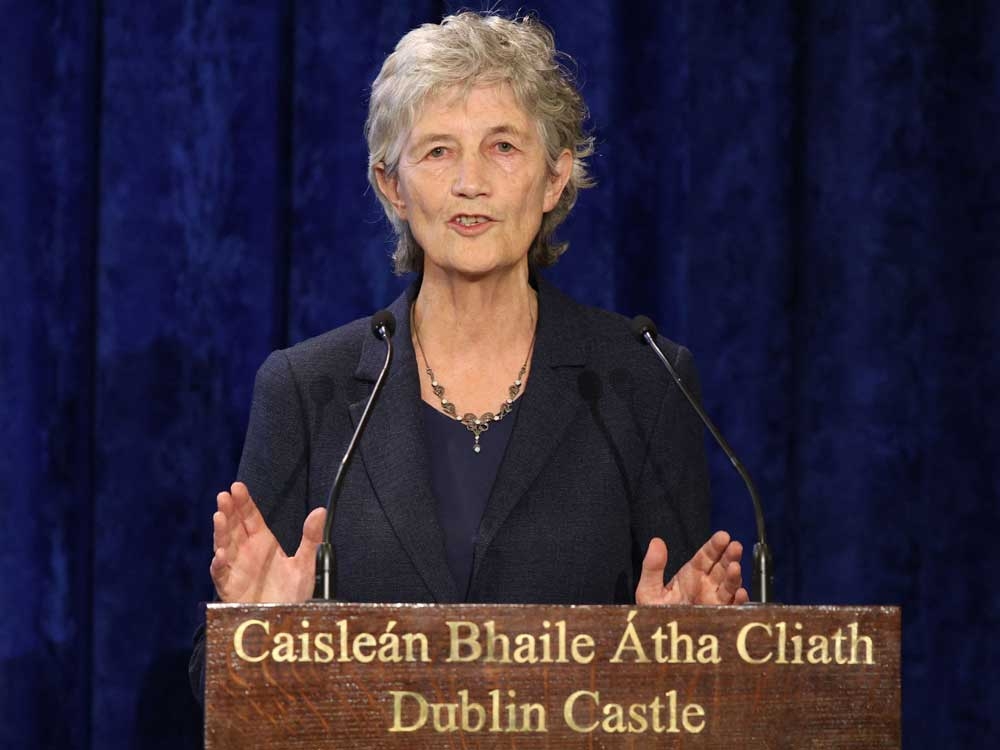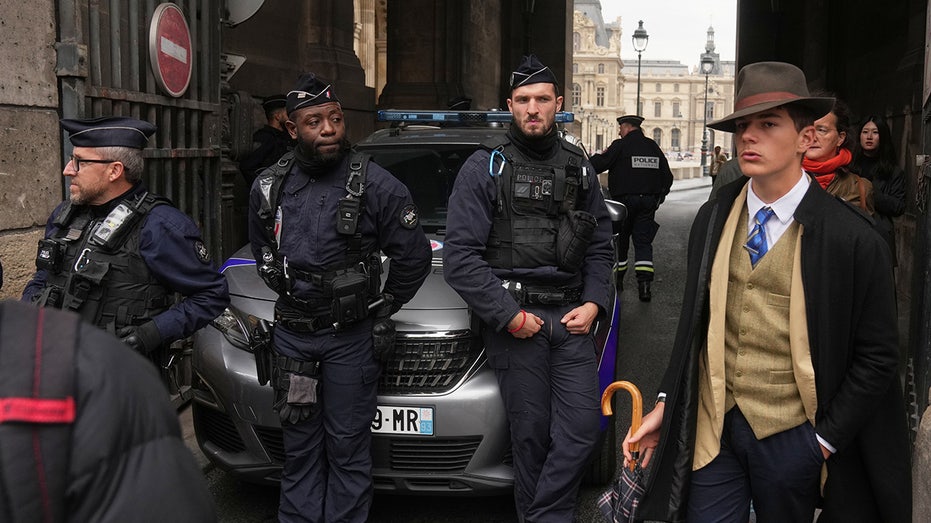Former government officials are taking a renewed role in fostering unity and resilience among Rwandan families, helping communities address persistent social challenges at the grassroots level.
From October 1-31, various former and current government leaders have been visiting the country's districts, interacting with residents about unity and reconciliation. Their efforts are part of the Unity and Resilience Month, which is celebrated annually in October.
ALSO READ: Violence against genocide survivors: 400 cases filed in two years
On Friday, October 24, the leaders visited Kicukiro District. Speaking at the forum with the residents, Edda Mukabagwiza, former Deputy Speaker of Parliament and Rwanda’s former High Commissioner to Canada and Cuba; reflected on Rwanda’s painful history as a foundation for national strength.
“We have learned from the past. Losing unity taught us its value and we must translate our words into action by making unity a cornerstone of development. Let us stand together, work together, and be courageous where we live,” she said.
Mukabagwiza emphasized that resilience became the guiding principle after the 1994 Genocide against the Tutsi, when Rwandans rebuilt their country amid economic hardship and social distrust.
“We overcame enormous challenges; from rebuilding our economy to facing global issues like climate change, migration, and even the Covid-19 pandemic, now we must reach out more to young people, share our nation’s history, and instill resilience in them. Women, too, must be supported, because they are builders of peace and development,” she noted.
Kicukiro's Executive Administrator Antoine MuMutsinzi, said the district has carried out several activities to promote unity, reconciliation, and resilience. These include training for over 12,000 youths and 476 volunteers, as well as 2,138 young people whose parents participated in the 1994 Genocide against the Tutsi.
"Yet challenges remain, and former leaders are expected to play a strong role in addressing them,” he noted.
Among the issues, Mutsinzi highlighted the need to continue supporting vulnerable Genocide survivors, especially those without proper housing.
“So far, 761 houses have been built, but about 200 more are still needed,” he explained.
“We also identified 260 houses in need of renovation, of which 200 have been repaired," he added.
Former Senator Perrine Mukankusi stressed that eradicating Genocide ideology is a long-term process.
“It took years to plant hatred, so it will also take time to uproot it," she said.
For Theobald Mporanyi, a former Member of Parliament, leadership does not end with leaving office.
“Even though we no longer hold official positions, people still seek our advice,” he said. “Unity is essential for development. When people pull in different directions, progress slows down; what could be achieved in one year takes five; shaping the future is our responsibility.”





